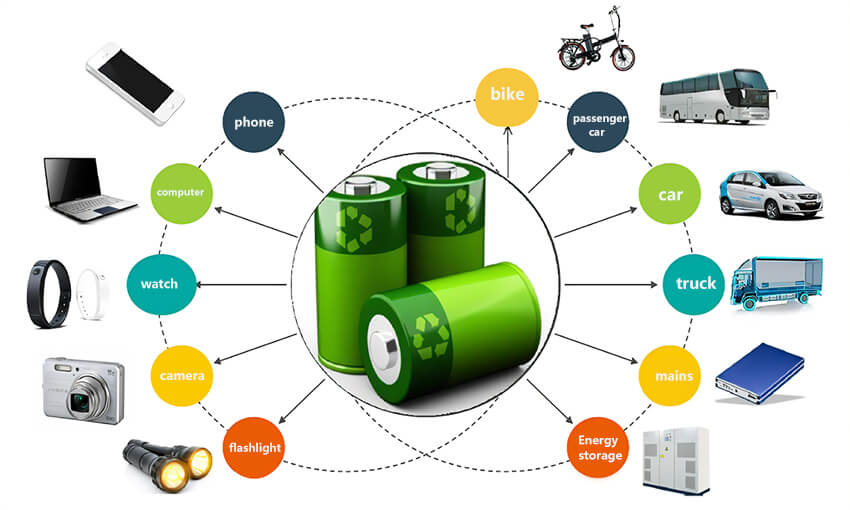Activated carbon
Activated carbon is a carbon material with a highly developed pore structure and huge specific surface area, and has good adsorption performance and catalyst properties. In the battery industry, activated carbon is an important material, mainly used to manufacture various types of batteries, such as lithium-ion batteries, lead-acid batteries, nickel-metal hydride batteries, etc.Activated carbon, as an adsorbent and catalyst, can improve the energy density, cycle life and safety of batteries. In addition, activated carbon also has good chemical stability and mechanical strength, which can improve battery performance and life. Therefore, the application of activated carbon in the battery industry is of great significance.
Activated carbon performance
The technical principle of activated carbon in the battery industry is mainly based on its adsorption performance and catalyst characteristics. In electrode manufacturing, activated carbon serves as an adsorbent and can adsorb more electrolytes and ions, thereby increasing the capacity and life of the electrode. In battery reactions, activated carbon can serve as a catalyst to promote reaction rates and improve battery efficiency.
Activated carbon for the battery industry
Battery production
In battery production, activated carbon is mainly used to make electrodes. It is prepared by mixing activated carbon with a binder to form a slurry, then coating it on a metal foil, drying and sintering. The function of activated carbon in the electrode is to act as an electrical conductor and adsorbent to increase the capacity and life of the electrode.Waste battery disposal
Waste battery disposal is another important application scenario of activated carbon. Waste batteries contain harmful substances, such as lead, mercury, cadmium, etc., which can cause harm to the environment and human health. Activated carbon can effectively absorb these harmful substances and reduce environmental pollutionNew energy vehicles
New energy vehicles are an important application field of activated carbon. As an important component of new energy vehicles, the performance of lithium-ion batteries directly affects the endurance and safety of the vehicle. Activated carbon is used as a cathode material and anode material in lithium-ion batteries, which can improve the energy density and cycle life of the battery. In addition, activated carbon is also widely used to make electrodes in nickel-metal hydride batteries and lead-acid batteries.Coconut shell activated carbon for lithium-ion batteries
.jpg)
Cathode material
Coconut shell activated carbon can be used as an additive or coating material for lithium-ion battery cathode materials. It has a high surface area and pore structure, which can provide more storage space and surface reactive sites, which is beneficial to the intercalation/deintercalation process of lithium ions. This can improve the discharge capacity, cycle life and charge and discharge speed of lithium-ion batteries.Negative electrode material
Coconut shell activated carbon can also be used as an additive for lithium-ion battery anode materials. Coconut shell activated carbon can increase the diffusion rate and storage capacity of lithium ions in the negative electrode. It also has high conductivity and stability, which helps improve the performance and cycle life of lithium-ion batteries.Electrolyte additives
Coconut shell activated carbon can be used as an additive in lithium-ion battery electrolytes to improve the conductivity and stability of the electrolyte. It can absorb impurities and dissolved substances in the electrolyte, reduce the corrosiveness of the electrolyte, and extend the service life of the battery.Conductive additives
Coconut shell activated carbon can also be used as a conductive additive for lithium-ion batteries due to its good conductivity. It can increase the conductivity of electrode materials and improve the charge and discharge efficiency and energy transfer rate of batteries.In summary, as a special material, activated carbon has excellent electrochemical properties and has broad application prospects in lithium battery anode materials.

